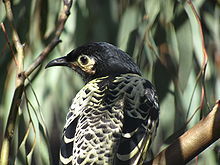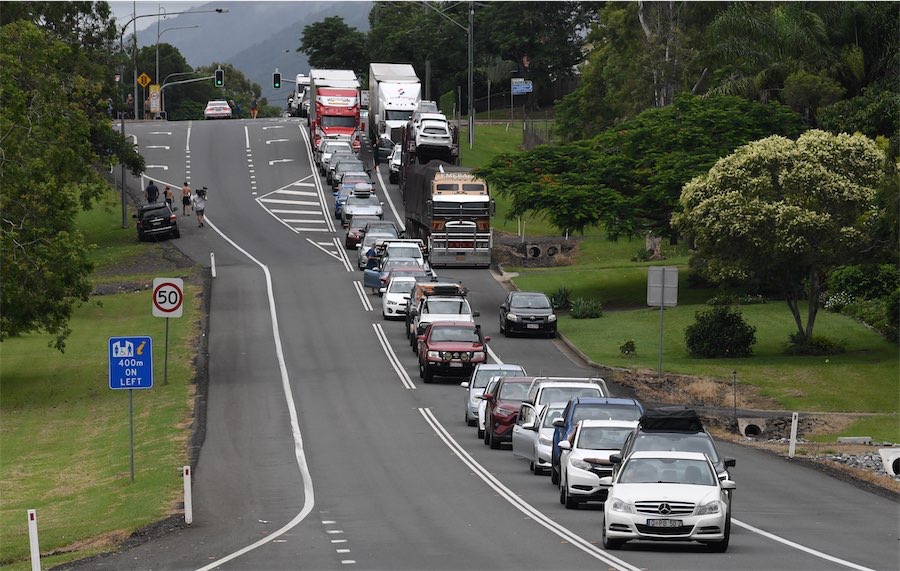RESEARCHERS at The Australian National University are excited to have found a new breeding population of the critically endangered regent honeyeater. 
The regent honeyeater used to be one of the most abundant birds in south-eastern Australia but there are now fewer than 400 in the wild.
Lead researcher Dr Laura Rayner says it was exciting to find more than 20 previously unrecorded birds in the under-surveyed New England Tablelands bioregion in New South Wales.
“After hundreds of surveys turning up zeros we were so excited to find the birds. It was like finding a needle in a haystack,” says Rayner.
The discovery was part of a national monitoring program designed and implemented by researchers at the Fenner School. The first surveys started in August.
Dr Rayner said the national monitoring program is the first real attempt at using science to direct a range-wide search for these species.
Rayner says that researchers also used recorded bird calls to help detect the honeyeaters.
“We played their call and one bird responded, then another and another – some in pairs. It was wonderful,” she says.
The whereabouts and breeding attempts of the regent honeyeater is vital if the species is to be saved from extinction.
During the current breeding season from August to January, the researchers will pay multiple visits to over 1000 survey sites spanning the bird’s 600,000 square kilometre range from Central Victoria to Southern Queensland.
Rayner says: “For any species with only a few hundred individuals left, every nest counts.
“The population size of this bird is less than that of other highly iconic threatened species like the Giant Panda and Sumatran Rhino – the same risk of extinction and need for action is real for the regent honeyeater.”
Who can be trusted?
In a world of spin and confusion, there’s never been a more important time to support independent journalism in Canberra.
If you trust our work online and want to enforce the power of independent voices, I invite you to make a small contribution.
Every dollar of support is invested back into our journalism to help keep citynews.com.au strong and free.
Thank you,
Ian Meikle, editor




Leave a Reply